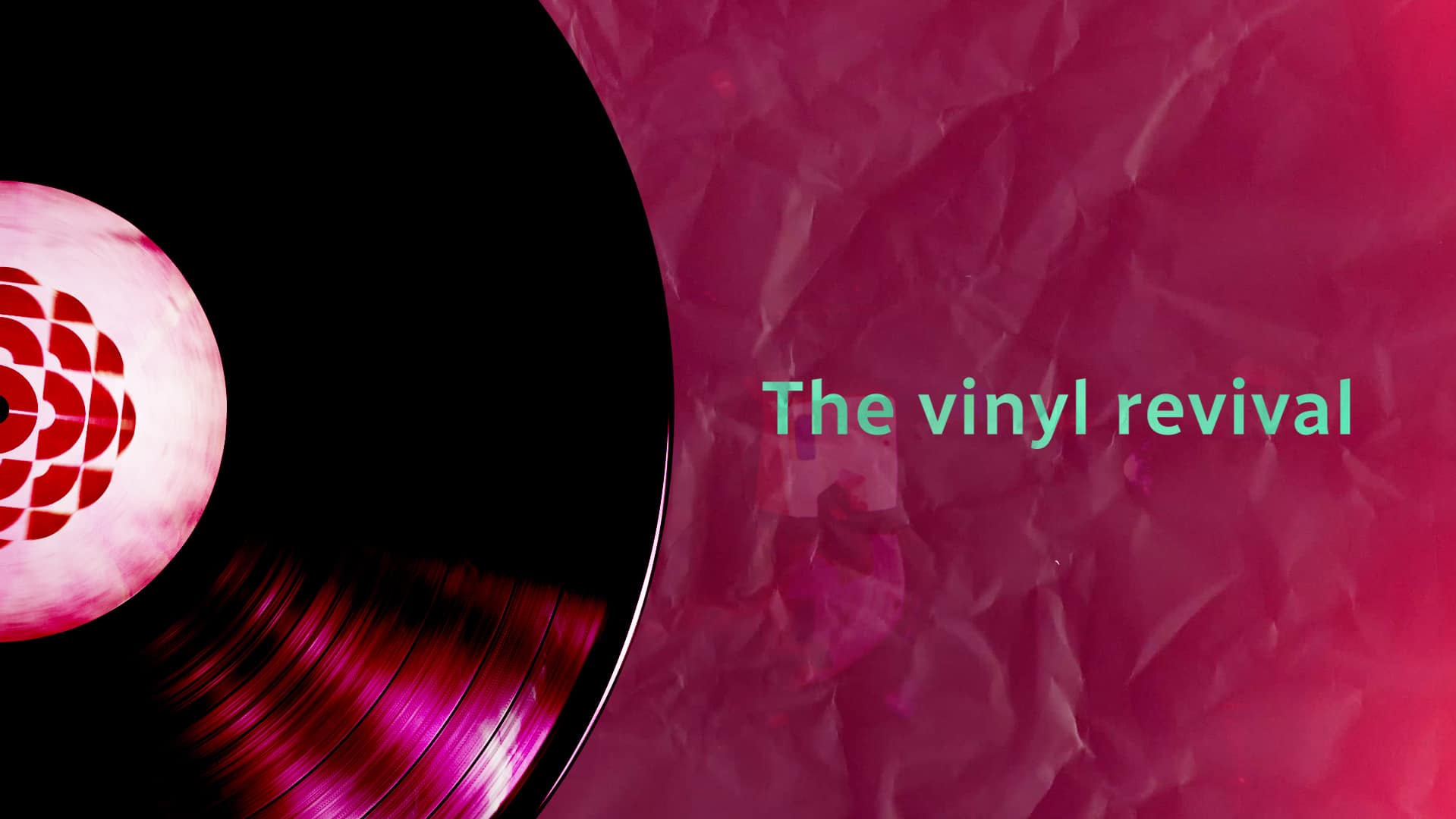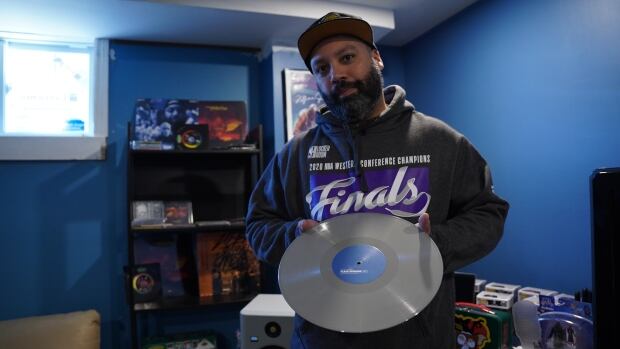
With vinyl a celebrated part of hip hop culture, Halifax rapper Tachichi has always put out his music on records, but he’s noticed more people switching to the retro format over the past few years.
“I love it because I love vinyl,” he said. “When people first started loving hip hop back in the ’80s, they started with vinyl.”
At the beginning of his career in the late 1990s, fans were buying vinyl albums at his shows before that slowed through the early 2000s when CDs took over.
“It was just easier, they were easier to manufacture and way cheaper,” he said. “It was CDs for that stint.”
During that time he was only doing special order pressings of vinyl but now it’s turned around.
Records are trendy again and those are mostly what fans are buying when he plays live.
For the first time since 1987, vinyl albums outsold CDs according to U.S. sales numbers. And Halifax’s music scene is riding the wave.
“Now it is streaming and vinyl, people buy a lot of hip hop vinyl, especially our type of hip hop underground boom bap thing,” he said. “There is a high demand.”
While streaming continues to dominate the music industry, accounting for more than 80 per cent of total revenues, the latest sales numbers from the Recording Industry Association of America show 17 years of growth for the vinyl format.
About 41 million LPs were sold last year compared with 33 million CDs, according to the figures.
With so many music fans circling back to the warm sound, many artists are taking note.
Halifax reggae singer Jah’Mila did a small run of vinyl of her debut album Roots Girl.
“Somehow the music sounds richer,” she said. “There is something very nostalgic for me about the sound.”
Music and records have been a way of life for her.
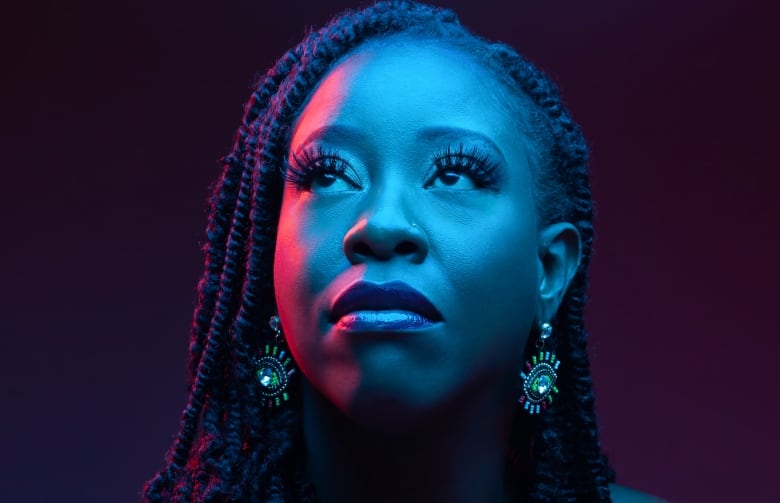
Her dad Earl (Chinna) Smith is an acclaimed guitarist who has appeared on hundreds of albums, including Jah’Mila’s.
He also started a record label and owned a record shop.
Like Tachichi, who appeared on her album, her music is also available through streaming platforms but having it on vinyl means a lot more to her.
“That is how I want to be remembered,” she said. “Not an old CD that is in the junk somewhere but when people listen to it they put it back very carefully in the package.”
An increasing number of vinyl fans of every musical genre are showing up to browse through the thousands of records at Renegade Records in downtown Dartmouth, N.S.
“I think it’s folks who are getting back into the hobby as well as younger folks who are getting into it for the first time,” said owner Tom Spence.
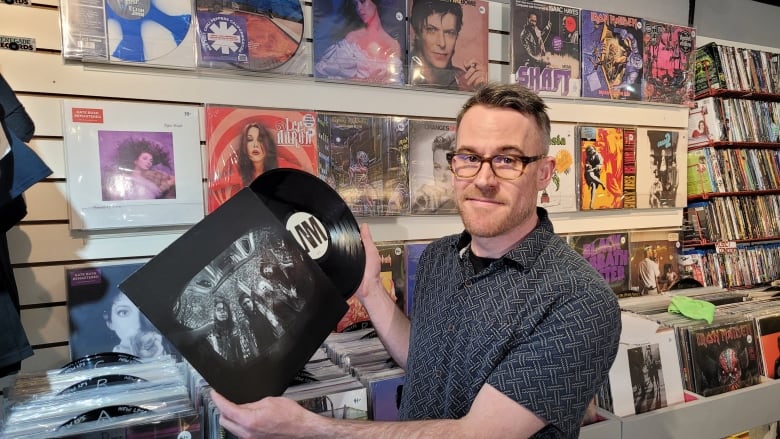
His record store deals in both new and vintage vinyl, as well as CDs and other media.
The significant setup costs of buying a turntable and speakers aren’t stopping listeners who are also willing to pay $30 or more for an album.
Dropping the needle onto the record and seeing it spin has a charming appeal that’s a lot different than clicking through songs on a digital device.
“It is more ritualistic, the artwork is bigger. It’s more of an experience, they are more focused on listening,” Spence explained.
The thrill of the hunt is another big part of that experience, too.
Stephen Hines has been collecting records since 1976 but still gets a charge when he finds one he’s been looking for while flipping through the crates.
“I prefer to come to a store, dig through and find what I want, find what I don’t want, find what I didn’t know I wanted and it makes me happy,” he said.
Vinyl passion leads to Halifax record label
Hundreds of vinyl fans like Hines have been going to Halifax record fairs since Black Buffalo Record began running them in 2011. The company says they’re the biggest in Atlantic Canada.
Black Buffalo president Kevin Beal says he anticipated the vinyl comeback when he founded an underground hip hop record label in 2016, still one of the only ones in the country.
“At the record fairs, we saw a lot of people coming in asking for certain genres like hip hop records,” said Beal.
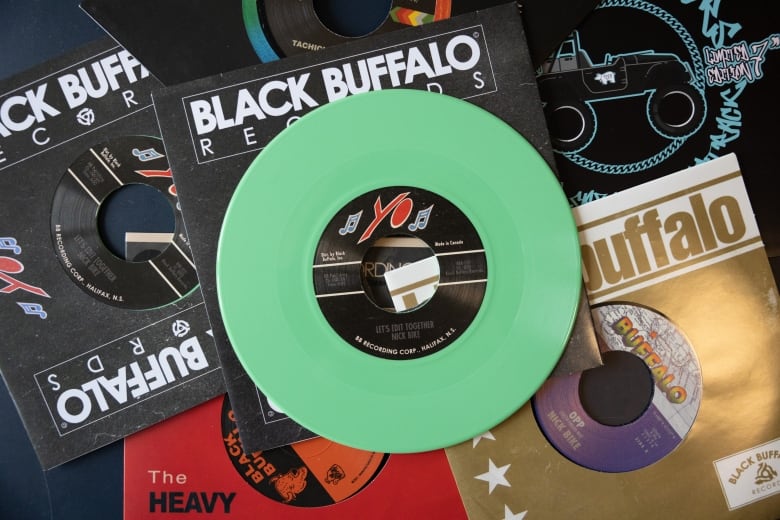
As well as releasing vinyl albums, the business is known for its singles used by well-known DJs such as Skratch Bastid and Jazzy Jeff.
These DJ edits are modified versions of original songs with new beats that pro DJs use in their live sets and can mix with other tracks.
“Hip hop, one of the foundations of it is a DJ. When it first started it was dance parties,” Beal said. “Being able to put out a record that a DJ will spin and possibly make another hip hop tune out of or a track is very appealing to me.”
Beal, who is Métis, also honours the Mi’kmaq by acknowledging their ancestral land on record labels.
Records are still not cheap to produce, he says, but the interest in his niche market allows the label to press several hundred of each release.
“It’s a passion for us,” he said.
It’s a trend that is expected to continue as people build their collections.
Tachichi’s confident enough that the upcoming album Found Money, which is a collaboration with East Coast rapper LXVNDR, will also be pressed on vinyl. It drops in June.
